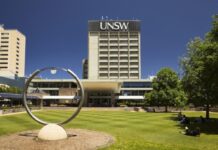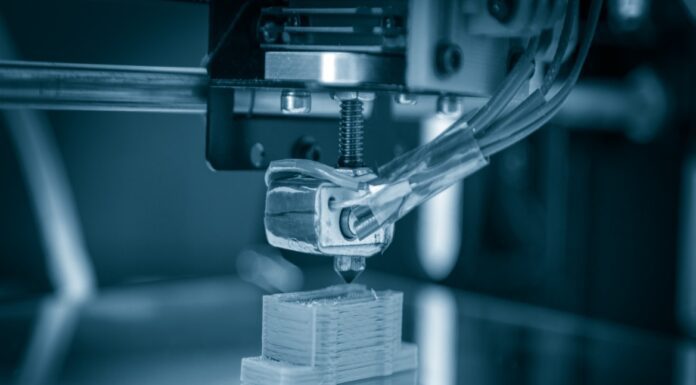The latest Sensis Business Index has shown a further drop in confidence in Australia’s small and medium enterprises (SMEs) for the second straight quarter, with confidence among SMEs falling to a level identical to a year ago.

However while current perceptions of the economy fell further there was a dramatic improvement in how SMEs saw the economy a year from now, with a number believing that it would be stronger, an indication which has been positive overall for three consecutive quarters.
The Sensis Business Index has been surveying Australia’s SMEs for over two decades and is based on a sample size of approximately 1,800 businesses coming from various sectors in the metropolitan and regional areas of Australia. SMEs from the manufacturing, wholesale and retail trade, hospitality, construction, communication, property, business services, health, community services, cultural and recreational industries are included in the index.
According to Sensis the primary concerns of SMEs during the quarter are the shortage of work or sales (currently faced by 25% of SMEs), the economic climate (19%) and cash flow (14%).
In a media release the report’s author Cristena Singh said the results continued a period of uncertainty for Australia’s SMEs, but the survey also highlights an important change in attitude.
“While small and medium businesses reported lower confidence and performance against key indicators over the past quarter, the strong increase in the proportion that felt the economy would be growing in a year’s time shows a small business sector that is eager to see improved performance following some difficult conditions over the past few years,” Singh said.
“Small and medium businesses are hoping to see increased spending in their businesses in the months ahead, and if this occurs, we should start to see real lifts in confidence and sentiment from the sector.”
While there was an overall decline in confidence, the smaller states and territories reported increases, with Tasmania having the highest level of business confidence. Tasmanian Premier Lara Giddings welcomed the report, saying it is a “clear indication” that the state’s business community believes they are turning the corner.
“This positive news comes off the back of yesterday’s announcement by Standard and Poor’s that Tasmania’s credit rating remained stable at AA+, providing a further boost for business confidence,” Ms. Giddings said in a statement.
“It is also evidence that our efforts to create jobs and opportunities through policies such as payroll tax relief, the Tasmanian Jobs Package and the jobs forum in August are yielding results.”
In terms of industry, the largest increase in the past quarter came from the manufacturing sector where confidence was up by 23 percentage points. The key reasons for this are the number of work that is coming up and the increasing customer base, according to the index. Manufacturing also recorded the strongest employment results at 22 percent.




















